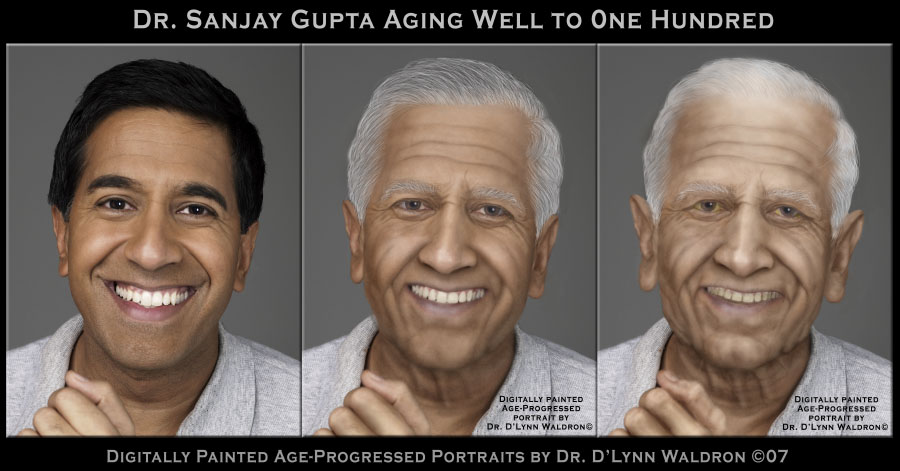Not
taking your prescribed statin regularly?
Statins May Extend Lifespans
Well,
besides cholesterol lowering and prevention of cardiovascular disease, new
research suggests that statins may extend lifespans as well… and not just the
symptoms of aging.
Specifically,
statins may reduce the rate at which telomeres shorten, a key factor in the
natural aging process. This opens the door for using statins, or derivatives of
statins, as an anti-aging therapy.
"By
telomerase activation, statins may represent a new molecular switch able to
slow down senescent cells in our tissues and be able to lead healthy lifespan
extension," said Giuseppe Paolisso, M.D., Ph.D., a researcher involved in
the work from the Department of Internal Medicine, Surgical, Neurological
Metabolic Disease and Geriatric Medicine at Second University of Naples in
Naples, Italy.
To
make this discovery, Paolisso and colleagues worked with two groups of
subjects. The first group was under chronic statin therapy, and the second
group (control), did not use statins. When researchers measured telomerase
activity in both groups, those undergoing statin treatment had higher
telomerase activity in their white blood cells, which was associated with lower
telomeres shortening along with aging as compared to the control group. This
strongly highlights the role of telomerase activation in preventing the
excessive accumulation of short telomeres.
Other Benefits of Statins
Some
observational studies have suggested that statins may decrease the risk of
dementia and at least one small randomized trial has suggested that statins may
slow the progression of dementia. And some other observational studies have
raised the possibility that use of statins may decrease overall risk of cancer
and of specific cancers.
Statins
do have side effects. Although liver problems are rare, you should contact your
doctor immediately if you have unusual fatigue or weakness, loss of appetite,
pain in your upper abdomen, dark-colored urine, or yellowing of your skin or
eyes. The most common side effect of statins is uscle pain. But very rarely, do
statins cause life-threatening muscle damage called rhabdomyolysis. If you are
concerned about statin side effects, talk to your doctor or pharmacist.
###
The
above story is based on August 29, 2013 news release by Federation of American Societies
for Experimental Biology.
The
research will appear in the September 2013 issue of The FASEB Journal:
Boccardi
V, Barbieri M, Rizzo MR, Marfella R, Esposito A, Marano L, Paolisso G. A new pleiotropic effect of statins in
elderly: modulation of telomerase activity. FASEB J., 2013; 27 (9): 3879 DOI: 10.1096/fj.13-232066
Click HERE for more on observational
studies and randomized trials
If you want to follow this blog by email free of charge, please submit your email address below or on the top right hand side of this page.



No comments:
Post a Comment